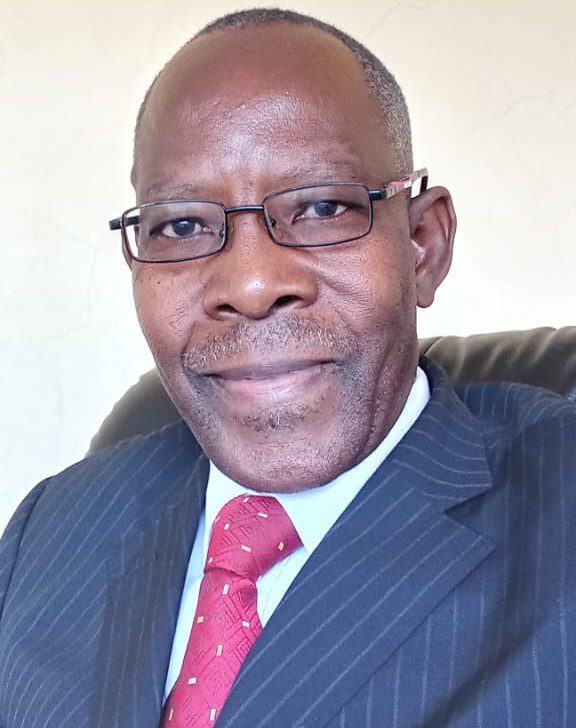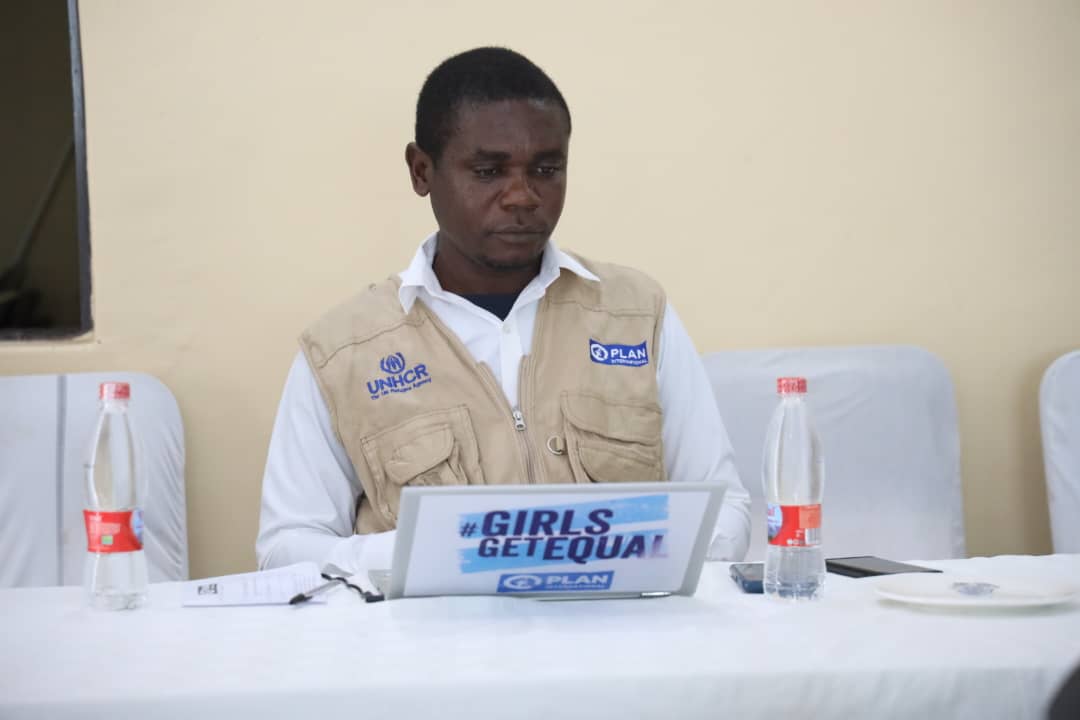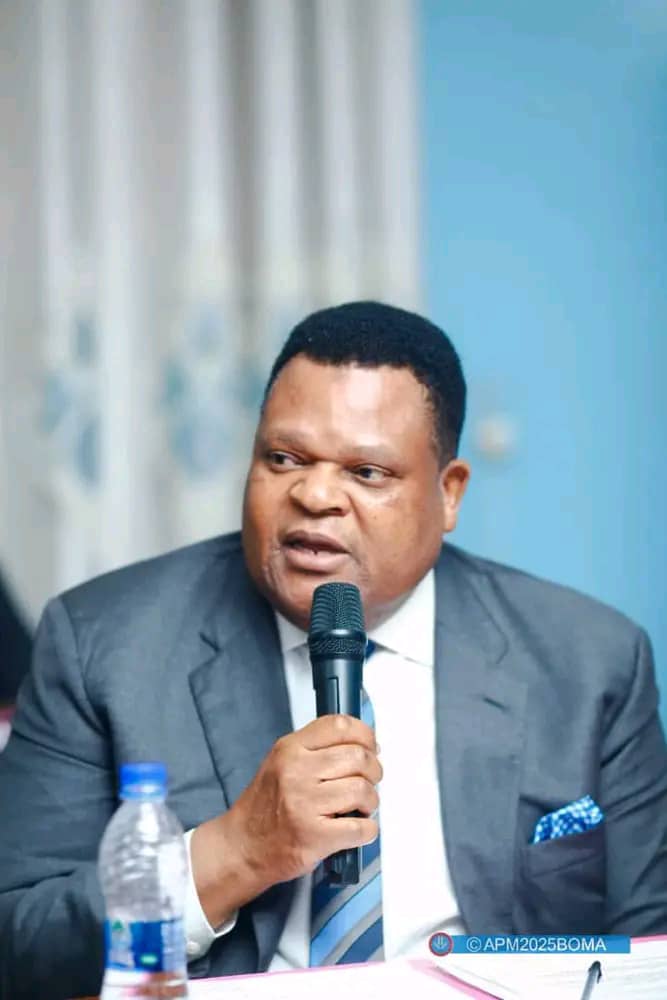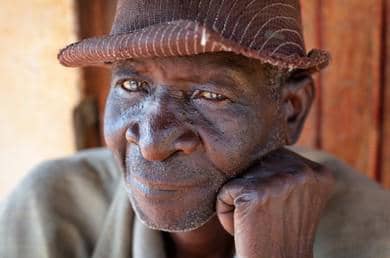By Burnett Munthali
A political scientist George Chaima has urged the government to desist from the politics of intimidation which has no room in the multiparty democracy.
Chaima is reacting to the reports that some Malawi Congress Party (MCP) zealots yesterday threatened United Democratic Front (UDF) president, Atupele Muluzi, of arrests for speaking out on the state of affairs in the country.
Muluzi, posting on his Facebook page, claimed that some MCP individual called him last evening to issue the threat for standing with Malawians on their social-economic plight as prices of goods are rising uncontrollably in the country.
Meanwhile, Chaima says Malawi fought such kind of leadership way back where people with dissenting views were being killed or imprisoned during the one-party regime.
Meanwhile, Homeland Security Minister, Ezekiel Ching’oma, responding to Muluzi’s claim, asked the UDF leader on where he reported the matter for the government to handle it.
Chaima emphasized that the government should respect the rights of all citizens, including those in opposition, as part of the principles of democracy.
He added that the politics of intimidation are a setback for the country’s democratic process, as it undermines the essential freedoms that are guaranteed in a multiparty political system.
He further pointed out that democracy thrives when diverse opinions are allowed to flourish and be debated in a constructive manner, without fear of reprisal.
Chaima also warned that any attempt to stifle opposition voices through threats and intimidation could set a dangerous precedent for the future of Malawi’s democracy.
In a democratic society, he stressed, the government must lead by example, ensuring that all political parties and their leaders can express their views without fear of retaliation.
The recent incident, Chaima noted, highlights the need for a more robust approach to protecting human rights and freedoms, particularly the freedom of speech, which is a cornerstone of any democratic society.
Chaima’s remarks come at a time when political tensions in Malawi are already high, with various political leaders and civil society organizations calling for reforms in the way the country is governed.
The government, he said, should focus on addressing the real concerns of the people, such as the rising cost of living and the worsening economic conditions, rather than resorting to intimidation to silence criticism.
He concluded by urging the government to engage in meaningful dialogue with all political parties and stakeholders to build a more inclusive and transparent political environment.
As the situation develops, many are watching closely to see how the government will handle the claims and whether any further actions will be taken against those involved in the alleged intimidation of Muluzi.
In the meantime, Chaima’s call for a return to democratic principles serves as a reminder of the importance of upholding human rights and ensuring that all voices, regardless of political affiliation, are heard and respected in Malawi’s political discourse.




